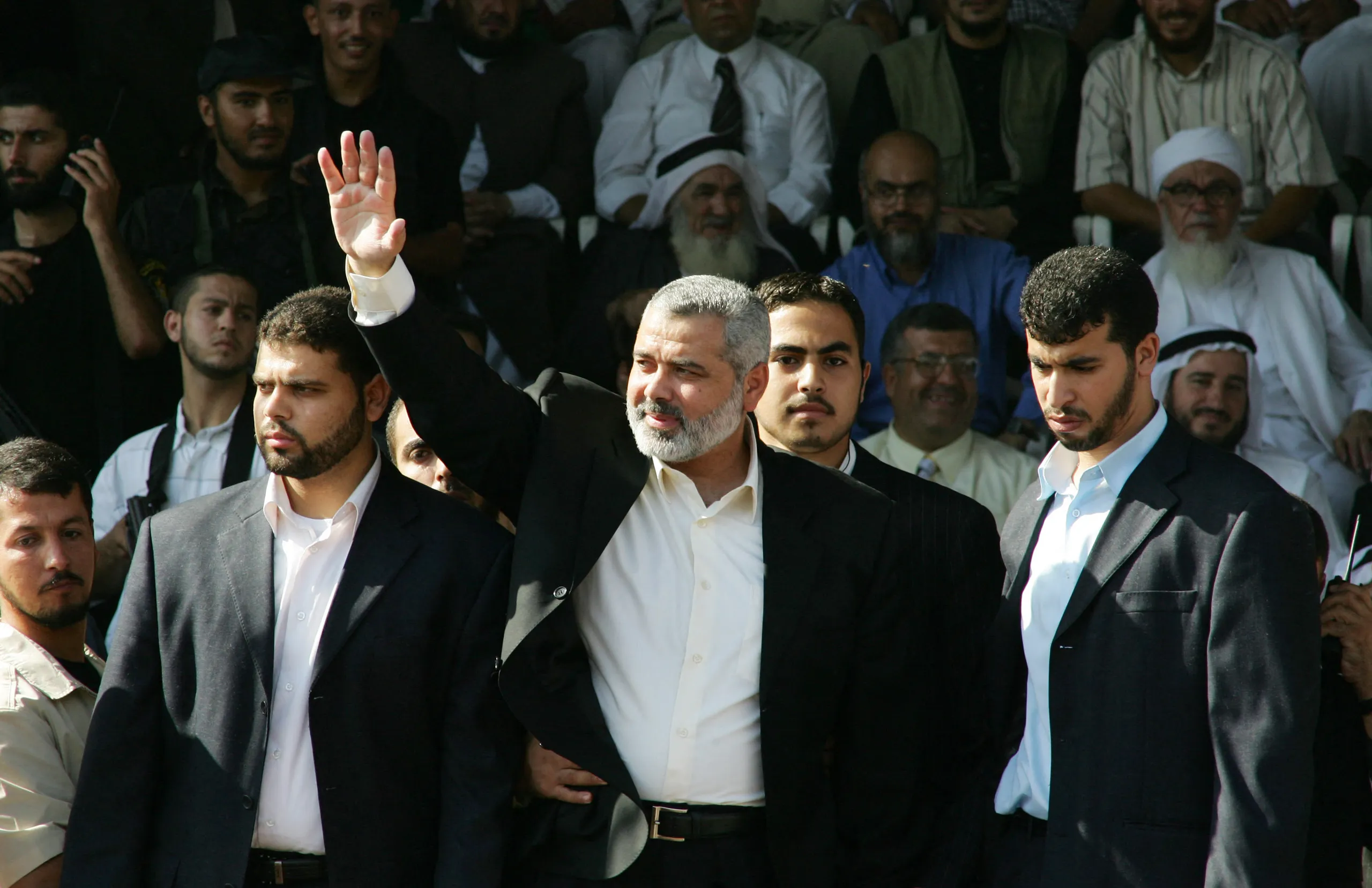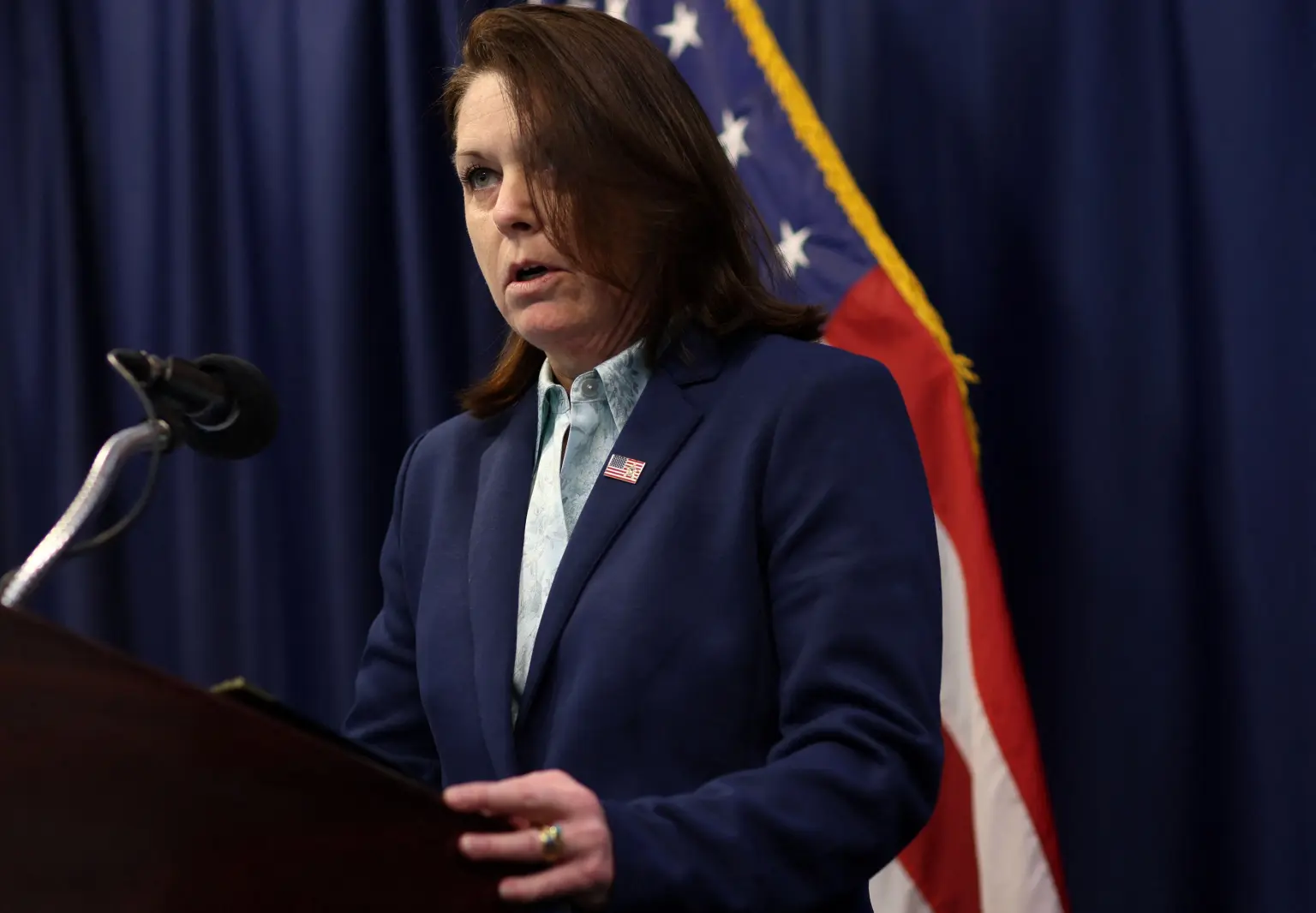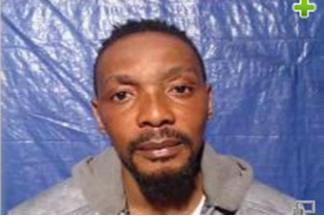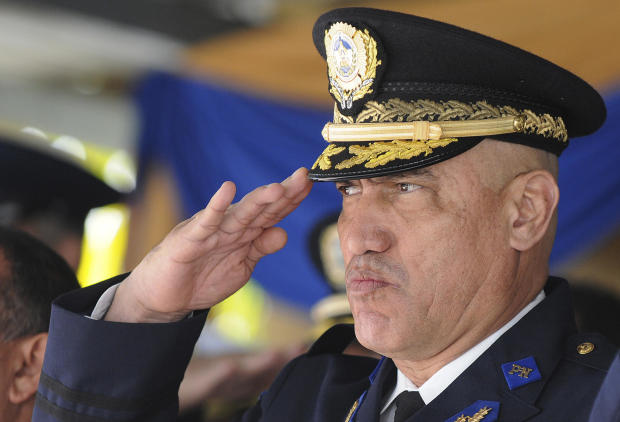Hamas’ top political leader Ismail Haniyeh was killed Wednesday in an apparent assassination at his residence in Tehran, according to the Palestinian militant group and the Iranian Revolutionary Guards.
Haniyeh and his body guard were killed after attending the swearing-in inauguration ceremony of the new Iranian president, Masoud Pezeshkian, Hamas said in a statement. Details about the killing were still emerging. Hamas and its ally Iran immediately blamed Israel.
Israel rarely if ever directly confirms such high-profile attacks, though it has been targeting Hamas’ senior leadership as well as senior Hezbollah commanders in Lebanon in the wake of Hamas’ Oct. 7 attacks.
Israel’s Defense Forces declined to comment.
Hezbollah commander also targeted by Israel
Haniyeh’s killing took place just hours after Israel said it undertook an “intelligence-based elimination” of top Hezbollah commander Fuad Shukr in Beirut in retaliation for a rocket attack on a soccer field in the Israel-occupied Golan Heights on Saturday that killed 12 people, mostly children.
That incident, and the new one involving Haniyeh, threatens to escalate regional hostilities and perhaps even prompt a wider Middle East war that could draw in foreign power involvement including from the U.S.
Mideast war concerns: Hezbollah and Israel trade attacks, raising fears of a wider war
Iran pledges to retaliate
Pezeshkian, Iran’s president, said Israel would “regret” its “cowardly action.” Ayatollah Ali Khamenei, Iran’s supreme leader, said it was his nation’s responsibility to take action since the attack took place in Iran.
“The criminal and terrorist Zionist regime martyred our beloved guest inside our house and made us mournful, but it paved the way for a harsh punishment to be imposed,” Khamenei said in a statement.
“Hezbollah − and now Iran − will be under immense pressure to respond forcefully to these strikes,” said Michael DiMino, a former CIA intelligence analyst and military expert at Defense Priorities, a Washington think tank. DiMino said the U.S. will likely “reflexively surge additional military assets to the region.”
Iranian Abbas Aslani, a senior research fellow at the Tehran-based Center for Middle East Strategic Studies, told Al Jazeera he expects a harsh response from Iran. He accused Israeli Prime Minister Benjamin Netanyahu of trying to expand the Gaza war, triggered by Hamas’ attack on Israeli border communities on Oct. 7 that left 1,200 people dead. Hundreds were taken hostage. Nearly 40,000 Palestinians have died in Israel’s retaliatory war in Gaza.
“Over the past nine months, Israel has been making efforts to extend and escalate the war to a broader regional scale,” Aslani said. “They also aim to involve the U.S. in this conflict.”
Services Thursday in Tehran, Friday in Doha
A funeral service will be held for Haniyeh in Tehran on Thursday, Hamas said in a statement. His body will then be transferred to the Qatari capital of Doha for services Friday, and he will be buried there. The services are expected to draw thousands of mourners.
Washington working to ease tensions
Secretary of Defense Lloyd Austin, on a trip in the Philippines, said Wednesday that the U.S. was trying to “take the temperature down.” He said he had no additional information on the reports of Haniyeh’s death.
Haniyeh, the former Gaza prime minister, was Hamas’ top leader, known for his tough-talking rhetoric as the face of the group. From his headquarters in Qatar, he was in charge of the group’s international relations. Yahya Sinwar and Mohammed Deif, the Gaza-based leaders of Hamas’ military wing, are believed to be the masterminds behind the group’s Oct. 7 attacks.
Israel’s retaliatory war in Gaza has killed tens of thousands − civilians and Hamas militants.
Killing could doom cease-fire talks
At the time of his killing, Haniyeh was playing a leading role in negotiations to reach a cease-fire with Israel in exchange for freeing hostages held by Hamas in Gaza, where they have been for 10 months. It was not immediately clear what his death will mean for that all but deadlocked process.
Iran has long accused Israel of carrying out targeted assassinations on its soil, including of its top nuclear scientist Mohsen Fakhrizadeh in 2021. The adversaries have also long fought a so-called shadow war, which spilled out into the open for the first time in April when they shattered a taboo by directly attacking each other with limited strikes.
Iran expert Trita Parsi, who is the co-founder of the Quincy Institute for Responsible Statecraft, a Washington think tank, said if it’s confirmed Israel killed Haniyeh it may “end serious expectations of a cease-fire deal,” damage renewed U.S.-Iran diplomacy expected with Pezeshkian’s administration and “trigger an escalatory spiral.”
Contributing: Reuters. Hjelmgaard reported from Paris, France. Reach Joey Garrison on X, formerly Twitter, @joeygarrison; Kim Hjelmgaard @khjelmgaard




